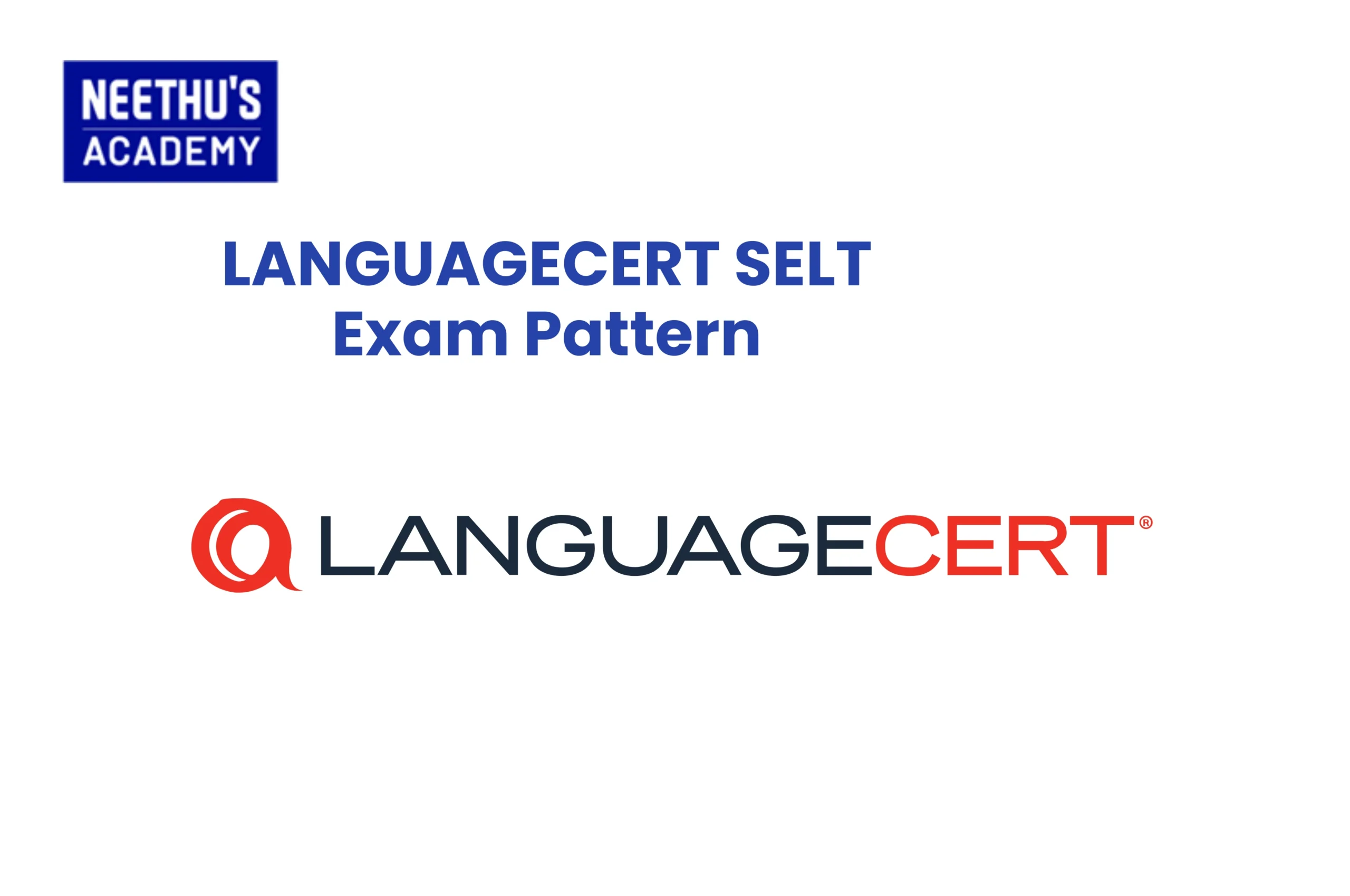Imagine you are running out of time and still have questions to complete! That would be the worst-case scenario while taking a…

Ace the MOH Exam with Ease: All You Need to Know
Most Middle Eastern countries have set standardized tests to allow medical professionals to practice legally in a specific country. Several exams including the DHA, NHRA, Prometric, and MOH are conducted in Arabian countries. Among these, the MOH is a licensure exam for healthcare professionals to work in the United Arab Emirates. Doctors, Nurses, or Pharmacists who plan to work in the UAE must successfully pass this exam. In order to do so, they should be well-versed in the exam pattern, syllabus, and structure of the exam. In this blog, we will provide you with an understanding of the Exam pattern, syllabus, and tips and strategies to help you get prepared for the MOH Exam. Let’s tackle this challenge together!
Overview of the MOH Exam
The MOH Exam is a standardized test which is administered and regulated by the Ministry of Health in UAE to assess the competency of healthcare professionals. Healthcare workers who wish to work in the UAE must pass this licensing examination. This test ensures that only eligible candidates practice within the country. For those wondering which country is the MOH Exam for? The answer is that It makes you qualified to work in the 5 countries in UAE except for Dubai and Abu Dhabi. Healthcare professionals in specialties including general medicine, nursing, pharmacy, dentistry, and other allied health sciences are covered by it. In order to lawfully practice in the UAE, one must first obtain a professional license, which is often obtained by passing the MOH test.
MOH Exam format
The MOH test format is designed to test theoretical knowledge and practical problem-solving ability. The format varies according to healthcare professions and generally takes the form of MCQs. In the case of most healthcare professions, it is a computer-based test taken at various testing centers in different parts of the world, making booking MOH exams convenient and accessible.
Below is a more detailed look at some of the major healthcare professions’ exam formats:
MOH Exam for Nurses: Questions will come in a multiple-choice fashion, ranging from patient care to nursing ethics and medical-surgical nursing. Nurses can expect clinical scenarios on patient management and how health care protocol is to be followed or conducted.
MOH Exam for Doctors: Depending on their field of specialization, physicians may expect questions in internal medicine, surgery, and emergency medicine, among others. The exam often tests clinical decision-making and diagnostic skills.
MOH Exam for Pharmacists: This section includes questions related to drug interactions, pharmacological concepts, patient safety, and finally, legal aspects of pharmacy practice.
MOH Exam for Dentists: The examination will test the clinical knowledge of the candidates in oral surgery, periodontics, orthodontics, and prosthodontics.
The number of questions and time duration is different according to your profession type. The computer-based test may take from 2 to 3 hours, consisting of a total of 150 to 200 MCQs.
MOH Exam Syllabus
Understanding the syllabus for MOH is essential for targeted preparation. The syllabus for the MOH Exam differs according to your profession and covers the core subject of each field. Let’s take a at the syllabus for each of these professions.
Nurses:
Nursing encompasses a variety of key specialties. The Fundamentals of Nursing include basic care and safety, while Medical-Surgical Nursing encompasses a wide range of conditions that sometimes require surgery. Pediatric Nursing deals with care for children’s health needs, while Maternal and Neonatal Care caters to the needs of mothers and their newborns from pregnancy to birth. Finally, Psychiatric and Mental Health Nursing involves treating patients who have mental health disorders. These elements together form the core basis of nursing.
Doctors
Some of the key medical disciplines include Anatomy and Physiology, which is the basis for understanding the structure and function of the human body. Internal Medicine deals with the diagnosing and treating of difficult-to-diagnose diseases and conditions in adults. General Surgery includes operative procedures on the following systems of the human organism such as alimentary, integumentary, and musculoskeletal. Obstetrics and Gynecology deals with women’s childbearing and reproductive health, and Pediatrics includes infant and child care. Finally, the specialty of Emergency Medicine puts doctors in a place to deal with suddenly appearing, life-threatening conditions. These specialties together cover most of the critical aspects of patient care.
Pharmacists
The study and application of knowledge in several key areas make pharmacists vitally important to healthcare. First, Clinical Pharmacology refers to the study of the safe and effective use of drugs in patient care. Second, Pharmacognosy examines medicinal drugs that come from natural sources. Last, Pharmacy Law and Regulations help guide pharmacists in legal standards of medication distribution and prescription management. Drug Safety and Patient Counseling focus on the importance of adequate patient education in the proper use of medications, including adverse effects. Dosage Forms and Compounding involve the actual preparation of the medicament in forms that would be specifically required for a particular patient. These altogether summarize the multidimensional roles of the pharmacists in ensuring the best health care outcome.
Dentists
Some of the critical areas of specialization by dentists include; Restorative Dentistry, which is one method of restoring damaged teeth to normal shape and form. Then we have Prosthodontics which involves designing and fitting artificial replacements for missing teeth, such as dentures and bridges. Oral Pathology generally deals with the diagnosis and treatment of diseases affecting the mouth and jaw and associated structures. Periodontology refers to the prevention and cure of diseases and pathologies in the supporting structures of the teeth, while endodontics includes methods for treating diseases of tooth pulps and canals. These together comprise a comprehensive syllabus for dental treatment and oral health.
Make sure you review the syllabus of your respective professions before taking the exam to get a full idea of what you are going for. Understanding the syllabus helps you prepare for the high-scoring topics and ensures that you cover all the portions before the exam day.
MOH Exam Registration
After you feel at ease with the format and syllabus of this MOH exam, book an appointment. Go to the website of the MOHAP, create an account, and perform your application therein. That is how you apply for the exam in the very first instance.
You then have to upload some of the necessary documents once you fill out the application form. These include your transcripts, experience certificates, degree certificates, and proof of identification. All the documents should be accurate to date; otherwise, it could lead to issues with your application.
Next comes the payment of the examination fee, which varies depending on the region and your profession. The latest price schedule can be accessed from the official MOHAP website. Access this updated information and proceed with the payment accordingly.
When your application is reviewed and approved, you will be granted access to the secure webpage where you can log in and schedule an exam date. Choose a day that better suits your schedule and a location of a test center more convenient for you.
Effective Tips to Ace the MOH Exam
Passing MOH requires preparation. Here are some tips on MOH exam preparation to guide you:
Understand the syllabus in detail: Based on the detailed syllabus provided for your profession, plan a preparation strategy. Break it into components and distribute time according to difficulty and importance.
Devise a study plan: Frame an organized study plan with daily or weekly objectives. This shall help you go through the whole syllabus without burden.
Employ MOH-specific study guides: There are abundant study guides, books, and online courses tailor-made for the MOH exam. Make use of these, as they are more adapted to the style and content of the MOH exam.
Attend study groups: Studying with others can be one of the most motivating ways. Join study groups or participate in online forums where you may share your knowledge and preparation tips.
Take Notes: Summarize important topics you research. Your well-organized notes may be one of the most effective revision tools when it gets closer to the examination.
Flashcards: Flashcards will help to memorize key concepts and are useful to study topics that you will need to memorize. Flashcards may be very useful in pharmacology or anatomy.
Set time for revision: Make sure to allow enough time for revision prior to the exam, placing more emphasis on high-yielding topics and those you do not know.
Bottom Line
Passing the MOH exam is a prime requirement for any healthcare professional who desires to work in the United Arab Emirates. The ability to understand the syllabus, examination structure, and important study tips will help to ensure a pass or failure on the MOH test. You get better prospects for success if you use the right study tools, work through past years question papers, and take practice exams.
You will only adequately prepare for the examination with a focused strategy in place, and with the knowledge contained within this book, you will be well-equipped to confidently take the MOH exam. Since nobody can predict what may happen to any one of us on any given day, it will be wise that your study commences early, that you are reliable, and that you put all the available resources at your disposal to excel in this test for the beginning of a successful career in the UAE healthcare industry.
Related Blogs
- All Posts
- OET
In case you are immigrating to Canada or looking for higher studies in the French-speaking parts of the nation, then the TCF…
Feeling a bit overwhelmed about the OSCE? You're not alone! The Objective Structured Clinical Examination is a big step in your medical…
Course Enquiry
Latest Posts
- All Posts
- canada
- CBT
- DELF
- DHA
- French
- GENERAL
- German
- Haad
- IELTS
- IQN NEW ZEALAND
- LANGUAGECERT SELT
- MOH
- NCLEX-RN
- NHRA
- OET
- OSCE
- Pearson Vue
- PROMETRIC
- PTE
- TOEFL
- Back
- NCLEX - NGN
- Back
- OET FOR PHYSIOTHERAPIST
- OET FOR PHARMACIST
- OET FOR DOCTORS



Frequently Asked Questions
You can schedule the MOH examination by enrolling through the MOH website, filling out the application, and selecting a date after your application has been accepted.
You have to upload all the credentials of your degree, official transcripts, experience certificates, and identification documents.
The examination fee varies for each profession and emirate; hence, you are advised to check the current cost schedule from the official MOH website.
Yes, you can do so once your application has been accepted you will be given the option to select an exam date and location amongst those that are available.
